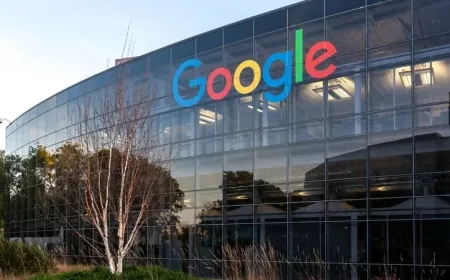Indonesia Bans Sales of Google Pixel and Apple iPhone 16 Over Local Content Compliance
Indonesia has blocked sales of Google Pixel and Apple iPhone 16 smartphones due to non-compliance with local manufacturing rules, aiming to promote domestic production.

Indonesia has imposed a ban on the sale of Alphabet's Google Pixel smartphones, days after blocking sales of Apple’s new iPhone 16. The Indonesian government cites non-compliance with a requirement for locally manufactured components, which aims to encourage domestic manufacturing and create a more level playing field for companies within the country.
According to Febri Hendri Antoni Arief, a spokesperson for Indonesia’s Industry Ministry, these measures are intended to promote fairness for all investors by enforcing a rule that mandates at least 40% local content in certain smartphone models sold within the country. "Google's products have not adhered to the scheme we set, so they can't be sold here," Arief noted on Thursday.
While Google currently does not officially distribute Pixel phones in Indonesia, consumers can still buy them from overseas if they pay the necessary import taxes. However, Indonesian authorities may consider disabling any unauthorized devices sold locally.
The recent Google ban follows last week's similar block on Apple’s iPhone 16 due to the same local content regulation. This policy encourages companies to increase the use of domestic components by partnering with local suppliers or sourcing parts from within Indonesia.
Despite Google and Apple being significant global brands, they rank lower in Indonesia's smartphone market, which is led by Chinese brand OPPO and South Korean giant Samsung, according to data from IDC.
Indonesia’s large, tech-savvy population has made it an attractive market for technology companies, but the recent policy may pose challenges for foreign brands. Bhima Yudhistira, director of the Center of Economic and Law Studies, remarked that this policy approach, which he calls "pseudo-protectionism," could have unintended consequences by reducing consumer choice and potentially dampening investor confidence. "This creates a negative sentiment for investors looking to enter Indonesia," Yudhistira commented.
Also Read: Meta Building Its Own AI Search Engine to Compete with Google and Bing































































